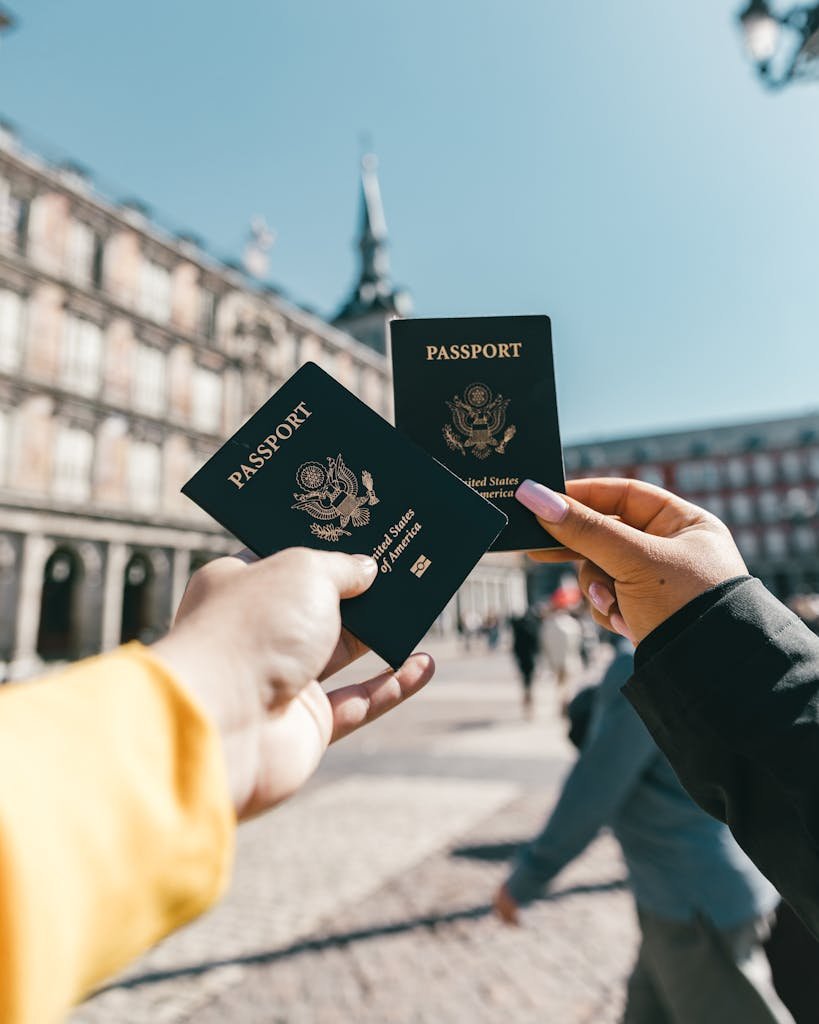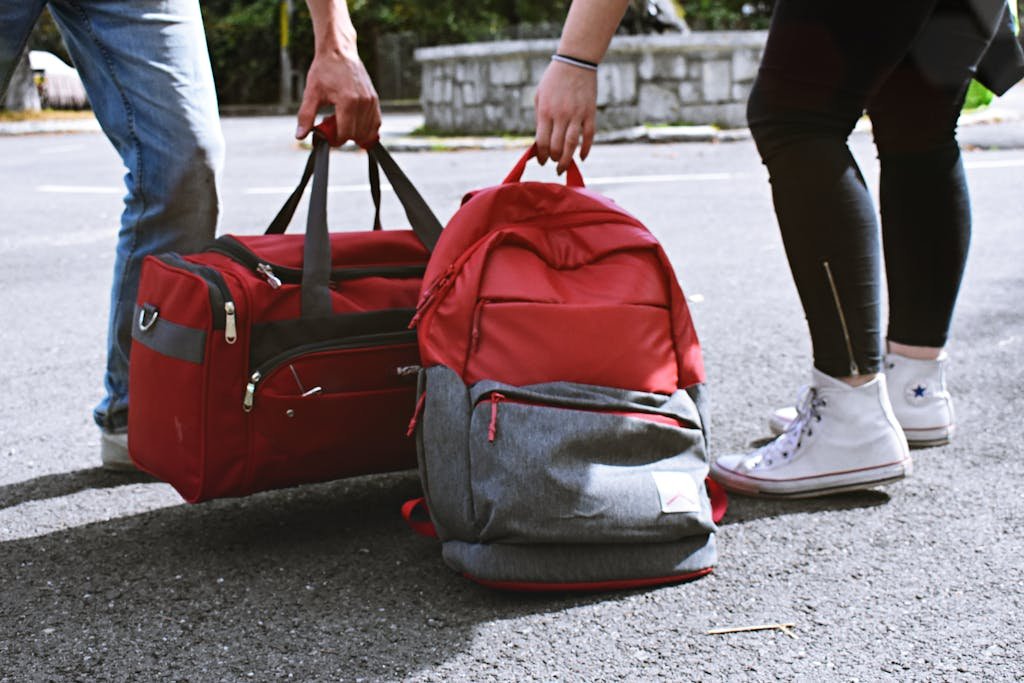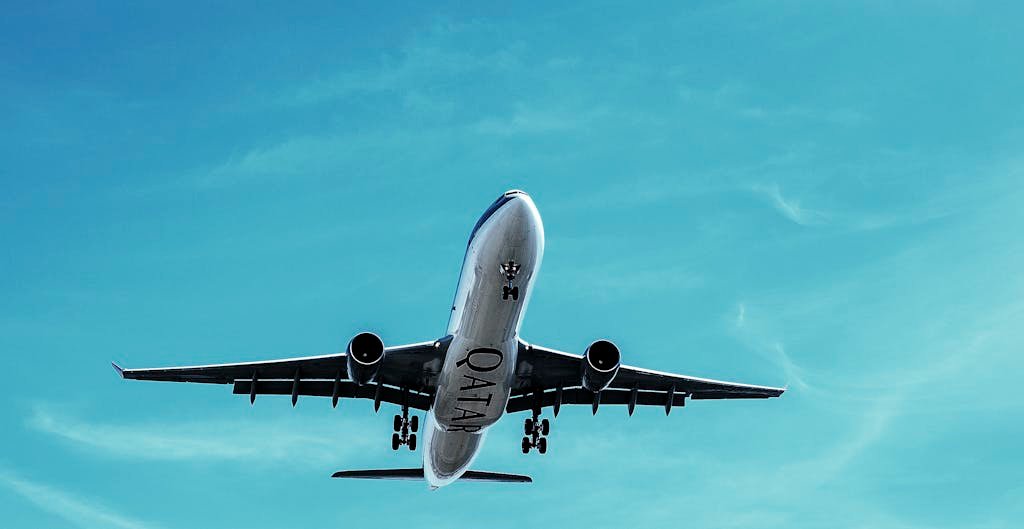10 Tips to Do Before You Travel Internationally
Traveling internationally is an exciting adventure, offering the opportunity to explore new cultures, savor delicious cuisines, and create unforgettable memories.
However, before you jet off to your dream destination, there are essential steps to take to ensure a smooth and enjoyable trip. Having traveled to various countries, I’ve learned that proper preparation can significantly reduce stress and enhance the overall experience.
Here are ten essential tips to do before you travel internationally.
1. Check Your Passport and Visa Requirements

Before anything else, ensure that your passport is valid for at least six months beyond your intended departure date. Many countries require this to grant entry.
I once encountered a traveler who was denied boarding due to an expired passport, which served as a crucial reminder of the importance of this step. Additionally, research the visa requirements for your destination. Some countries offer visa-on-arrival, while others may require you to obtain one before departure.
Make sure you have all necessary documentation in order to avoid any surprises at the border.
2. Purchase Travel Insurance

Travel insurance is an often-overlooked aspect of trip planning, but it can be a lifesaver. I’ve found that purchasing travel insurance provides peace of mind, knowing that I’m protected in case of unexpected events, such as trip cancellations, medical emergencies, or lost luggage.
Look for a policy that covers the specific activities you plan to do during your trip, whether it’s adventure sports or just standard travel. This extra layer of security can save you from significant financial burdens.
3. Research Your Destination

Familiarizing yourself with your destination is crucial for a successful trip. I always take the time to research the local customs, language, and etiquette. Understanding the culture can help you avoid unintentional offenses and enhance your interactions with locals.
Additionally, look into the area’s safety, health considerations, and any travel advisories. Websites like the U.S. Department of State provide up-to-date information about potential risks, which is invaluable for travelers.
4. Make Copies of Important Documents
In case of theft or loss, having copies of essential documents can be a lifesaver. I recommend making photocopies of your passport, visa, travel insurance policy, and any other critical documents.
Keep one set of copies in your luggage and another with a trusted friend or family member back home. Additionally, consider storing digital copies on your phone or a secure cloud service.
This way, you can easily access important information, even if your physical copies go missing.
5. Notify Your Bank and Credit Card Companies
Before traveling, inform your bank and credit card companies about your trip. Many financial institutions monitor account activity for unusual transactions, which can lead to frozen accounts while you’re abroad.
I’ve learned from experience that notifying them helps ensure that you can use your cards without any issues. Additionally, inquire about foreign transaction fees, as some cards offer benefits for international travel, such as no fees or rewards points.
6. Set Up a Mobile Plan for International Use

Staying connected while traveling is essential for both safety and convenience. Check with your mobile provider about international roaming plans, which can help you avoid excessive charges.
Alternatively, consider purchasing a local SIM card upon arrival or using Wi-Fi whenever possible. I’ve found that having access to mobile data makes navigation, translation, and communication much easier during my travels.
7. Pack Wisely

Packing efficiently is key to a stress-free journey. Start by making a packing list that includes essentials like clothing, toiletries, and electronics. I often roll my clothes to save space and minimize wrinkles.
Additionally, consider the climate and cultural norms of your destination when choosing outfits. Don’t forget to pack a small medical kit with essentials like pain relievers, band-aids, and any prescription medications you may need.
8. Download Useful Travel Apps

In today’s digital age, various travel apps can make your journey smoother. I recommend downloading apps for navigation, translation, and currency conversion. Google Maps is fantastic for offline navigation, while Duolingo can help you learn basic phrases in the local language.
Currency converter apps are also helpful for budgeting and understanding prices in your destination’s currency. These tools can significantly enhance your travel experience by making information easily accessible.
9. Plan Your Transportation in Advance

Understanding how to get around your destination can save you time and frustration. Research the available transportation options, such as public transit, taxis, or rideshare services.
I often book airport transfers or transportation to my accommodation in advance to ensure a smooth arrival.
Familiarizing yourself with the local transportation system can also help you navigate the area with ease, allowing you to spend more time enjoying your trip.
10. Set a Budget and Prepare for Currency Exchange
Establishing a budget is crucial for managing expenses while traveling. I usually set a daily spending limit and allocate funds for activities, food, and souvenirs. Before leaving, research the local currency and exchange rates to understand how much money you’ll need.
Consider exchanging a small amount of cash before your trip for immediate expenses upon arrival. Additionally, many airports and cities have currency exchange services, but be aware of potential fees.
I am Zoe Grace, a passionate enthusiast of cruise ships. With a decade of firsthand experience in the cruising industry, I have developed a deep understanding of the intricacies and wonders that these majestic vessels hold.
Now, I am excited to embark on a new journey as an author, sharing my knowledge and insights with readers who share my fascination for the world of cruising.
Join me as we explore the captivating world of cruise ships together.





